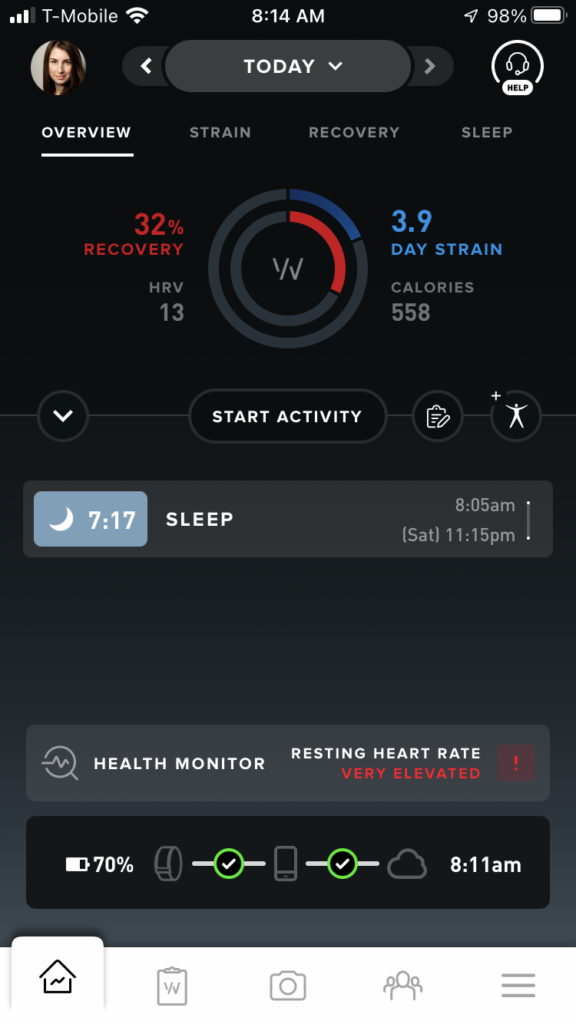I finally watched the new Dune today. This post probably has spoilers. I liked it a lot even if it breaks no new aesthetic ground. It’s just a higher resolution envisioning of David Lynch. I’m no film critic. I don’t give a lot of thoughts to cinema. I prefer TV. But it’s fascinating to see just how much the Denis Villeneuve version matched it’s predecessor. It’s got the same muscular Christianity that tosses up messiah myths in the desert but this time with Baudrillard’s hyper reality.
It’s fantastic to see really. Dave Bautista is a great aesthetic match for the grotesque petrodollar plutocracy. You love to see it. Timothée Chalamet is a terrific white savior. Zendaya is Pocahontas. Also great gear fetish work too. Apocalypse fashions are functional just like in cyberpunk. But now with water filters!
It’s all a look and I’m so glad the director of the Fifth Element isn’t being asked to break any new ground on his own aesthetic brand. It’s even got pandemic masks baked in! And the best villains are as always environmentalists. And just like Star Wars it’s mostly a movie about trade policy. All our best movies are about money in modernity. End of empire is our favorite romance. The death of empathy is about seeing numbers in humanity because going from authoritarian to communitarian must involve proud patrilineal martial men.
“If you walk without rhythm then you won’t attract the worm!”
I felt the same way about Mad Max Fury Road. Everyone was raving about it as an aesthetic achievement and all I could see was that it had simply polished up the mood board of the original. It’s a miracle it got made said the reviews. And I’m like no this seems like the system working as designed.
Of course we get to consume a new hyper reality. We get a better version of our childhood beamed back to us. Also parables about feminism because someone feels guilty about all those princes movies that rotted our brains.
South Park called it ‘memberberies and made fun of the culture of nostalgia. It’s astonishing how much of our current entertainment is just better versions of what we’ve already had. We are so spoiled for choice and it’s all the same.
Baron Harkonnen is still fat and flying over rooms. It’s just all a lot slicker than on the first go. It’s all sexier and smoother and utterly absolutely the same. No wonder none of us can imagine the future anymore. The future’s aesthetics haven’t changed in two decades. We stopped in the aughts and went hard into refinement culture. Skalla the Lindy Man got this aesthetic nuance just right and I feel like I’m only just noticing how much I hate it.
It’s enough to make me want to stop wearing clean lines just as some desperate attempt to break free from the inexorable horizon of the long now. Ben Hunt points out that we’ve broken ourselves off from investing in our future so we never get there.
And it’s all very good. And it’s all well executed. And I enjoy it all. But it’s just a fraction off from being authentically good. It’s not quite the reality you’d hoped for but it’s somehow crisper than you’d imagined. It’s polished and it’s boring. No wonder Gen Gen Z is over all this shit. Crystal clarity in all our media makes the soul despair. I say let’s clutter up the web with financialized jpgs. At least the vibe is different.
Everything else feels decadent and rooted in the cannibal consumption of the late empire’s transition to capitalism. And I mean America not Arrakis. The slice of people commenting on any of this are necessarily removed from the reality of day to day life. My asshole take on shit is just the most removed crap and it’s comical I even take the time to signal it into the abyss. That’s excess labor value in the form of a social class. It wouldn’t be any surprise if we brought on our own apocalypse because we couldn’t face a future with consequences. The spice must flow.
